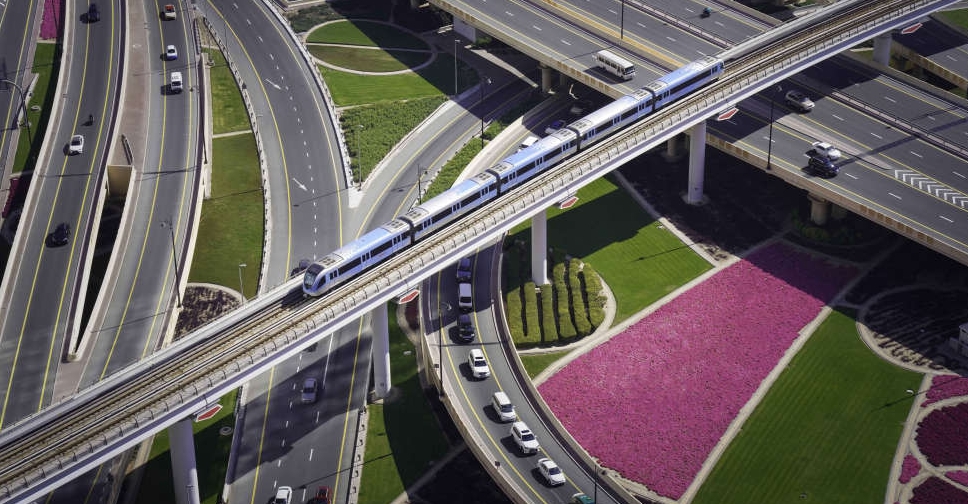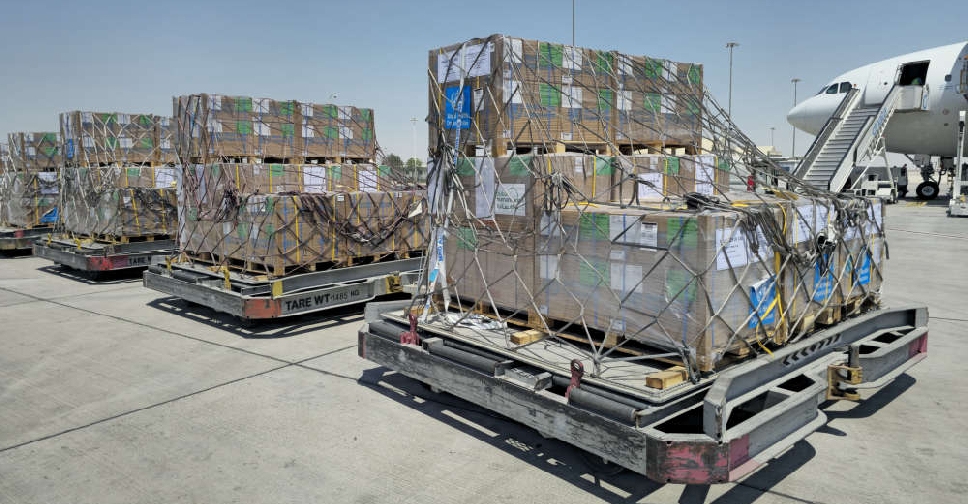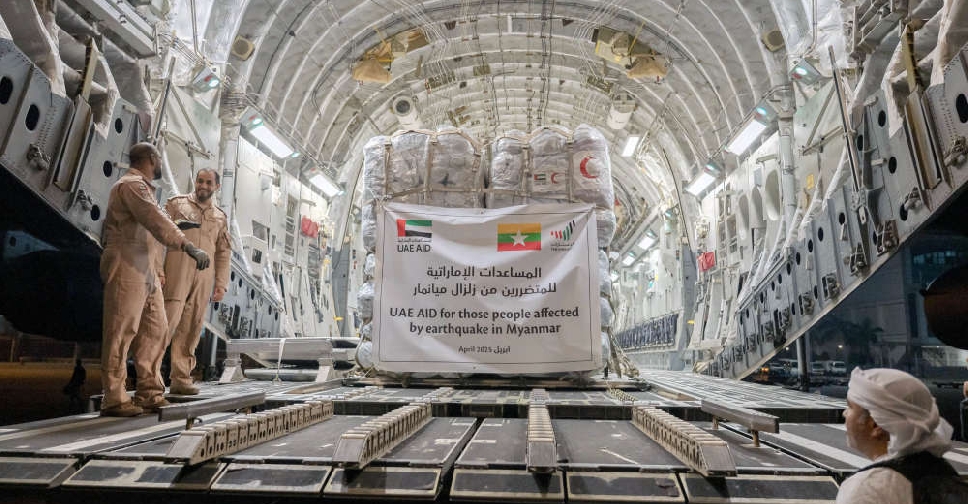
Saudi Arabia, the world’s largest crude exporter, raised pricing on most oil grades for sale to Asia and the U.S. in July after the nation’s energy minister said demand was robust. State-owned Saudi Arabian Oil Co. increased its official selling price for Arab Light crude by 35 cents a barrel to 60 cents more than the regional benchmark for sales to Asia, it said in an e-mailed statement. The company, known as Saudi Aramco, was expected to raise the premium for shipments of Arab Light crude by 40 cents a barrel to 65 cents a barrel more than the benchmark for buyers in Asia, according to the median estimate in a Bloomberg survey of five refiners and traders in the region last week. Oil has rallied about 80 percent since January, making ministers of the Organization of Petroleum Exporting Countries confident that their two-year strategy of trying to win market share is working. OPEC agreed on Thursday to stick to its policy of unfettered production with ministers united in their optimism that oil markets are improving. The July pricing sets Aramco’s light crude grades at the highest levels for Asia since at least September 2014, before OPEC adopted its market share strategy. “This shows that they’re getting more bullish on demand,” Robin Mills, chief executive officer at consultant Qamar Energy in Dubai and a non-resident fellow at the Brookings Institution in Doha, said Sunday by phone. “India is showing a lot of strength and we’re still seeing very robust demand from China.” Aramco raised pricing on most grades for sale to Asia, leaving only the Extra Light blend unchanged, according to the statement. It raised the premium for Super Light crude by 10 cents, to $4.05 a barrel more than the benchmark. Medium crude will sell at a $1 a barrel discount in July, 30 cents higher than in June, according to the statement. The company also increased pricing for U.S. buyers on all grades except Extra Light. Arab Light crude for U.S. buyers increased by 20 cents a barrel, to 55 cents more than the regional benchmark, according to the statement. Aramco deepened discounts for all grades to buyers in Europe, it said in the statement. Saudi Arabia pumped 10.27 million barrels a day in April, according to data compiled by Bloomberg. It produced a record average of 10.2 million barrels daily last year, it said in its annual review last month. Saudi Arabia’s Energy Minister Khalid Al-Falih, who is also chairman of Saudi Aramco, told reporters in Vienna on Thursday that demand is robust and that non-OPEC supply is declining. Global demand is expected to expand by 1.2 million barrels a day this year after growing 1.5 million barrels a day last year, according to OPEC’s final press statement on Thursday. Middle Eastern producers are competing increasingly with cargoes from Latin America, North Africa and Russia for buyers in Asia, its largest market. Producers in the Arabian Gulf region sell mostly under long-term contracts to refiners. Most of the Gulf’s state oil companies price their crude at a premium or discount to a benchmark. For Asia the benchmark is the average of Oman and Dubai oil grades and for North America the marker is the Argus Sour Crude Index.

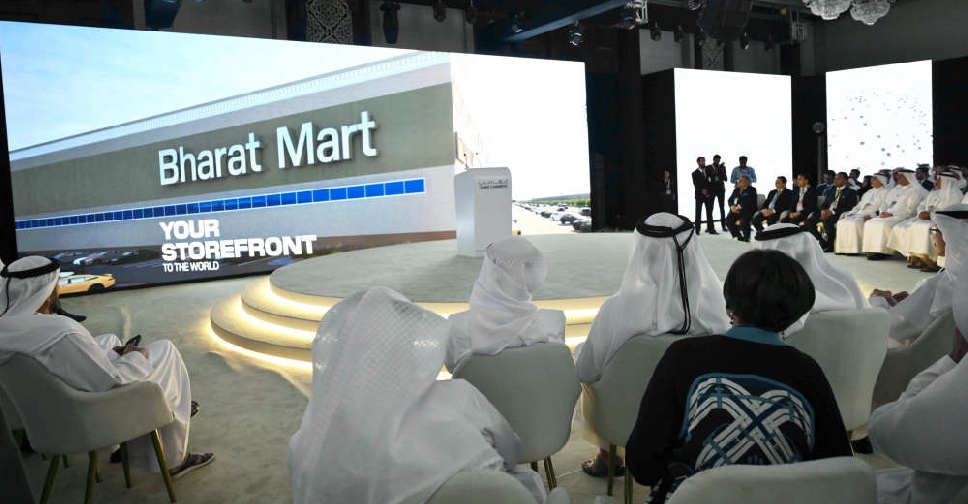 Bharat Mart marks new era in UAE-India trade ties
Bharat Mart marks new era in UAE-India trade ties
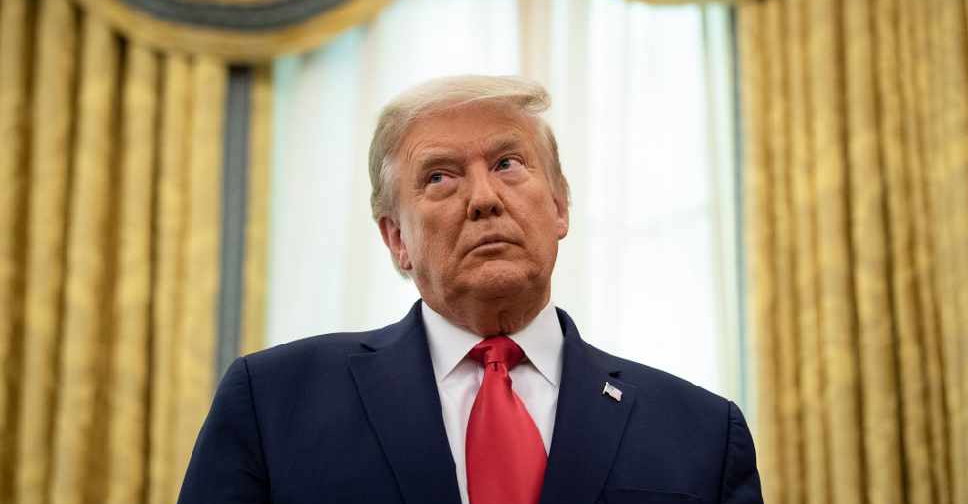 UK economy beats forecasts in Feb but US tariffs threaten growth
UK economy beats forecasts in Feb but US tariffs threaten growth
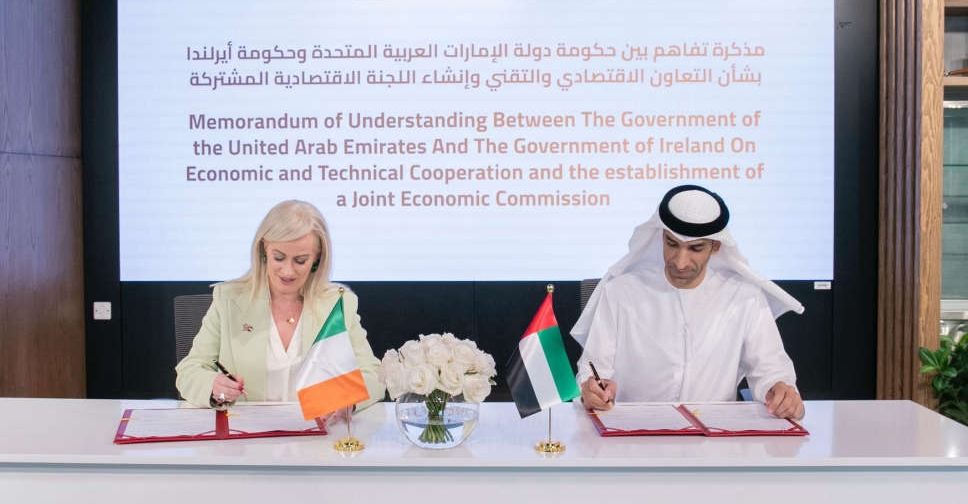 UAE and Ireland to establish Joint Economic Commission
UAE and Ireland to establish Joint Economic Commission
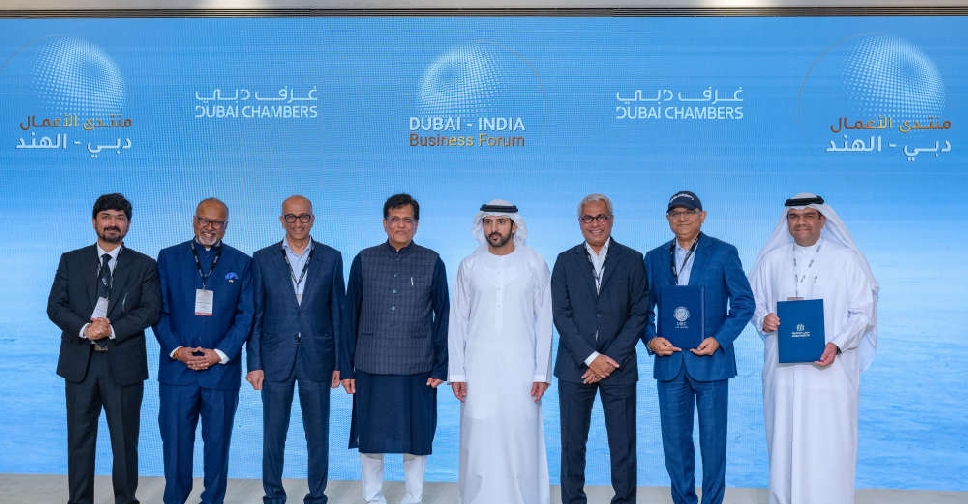 Dubai to host new IIM campus and UAE-India Friendship Hospital
Dubai to host new IIM campus and UAE-India Friendship Hospital
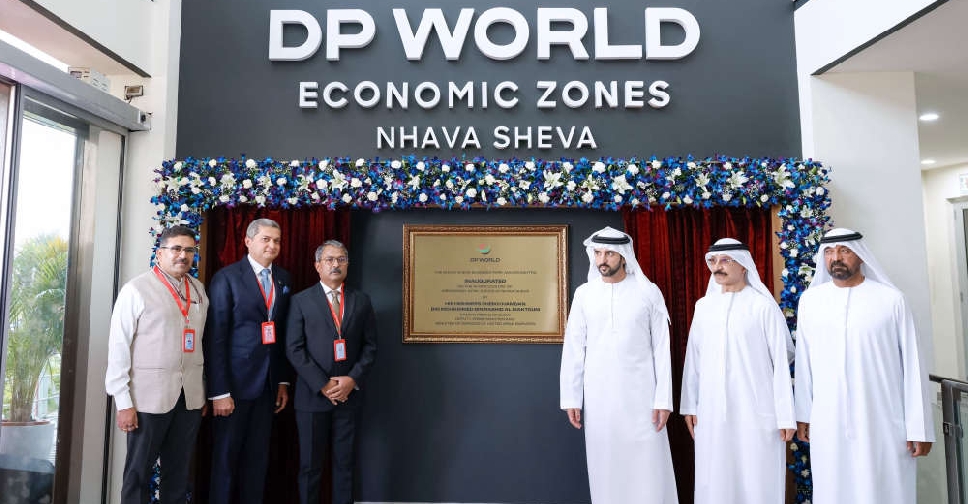 H.H. Sheikh Hamdan unveils DP World's Free Trade Warehousing Zone
H.H. Sheikh Hamdan unveils DP World's Free Trade Warehousing Zone
